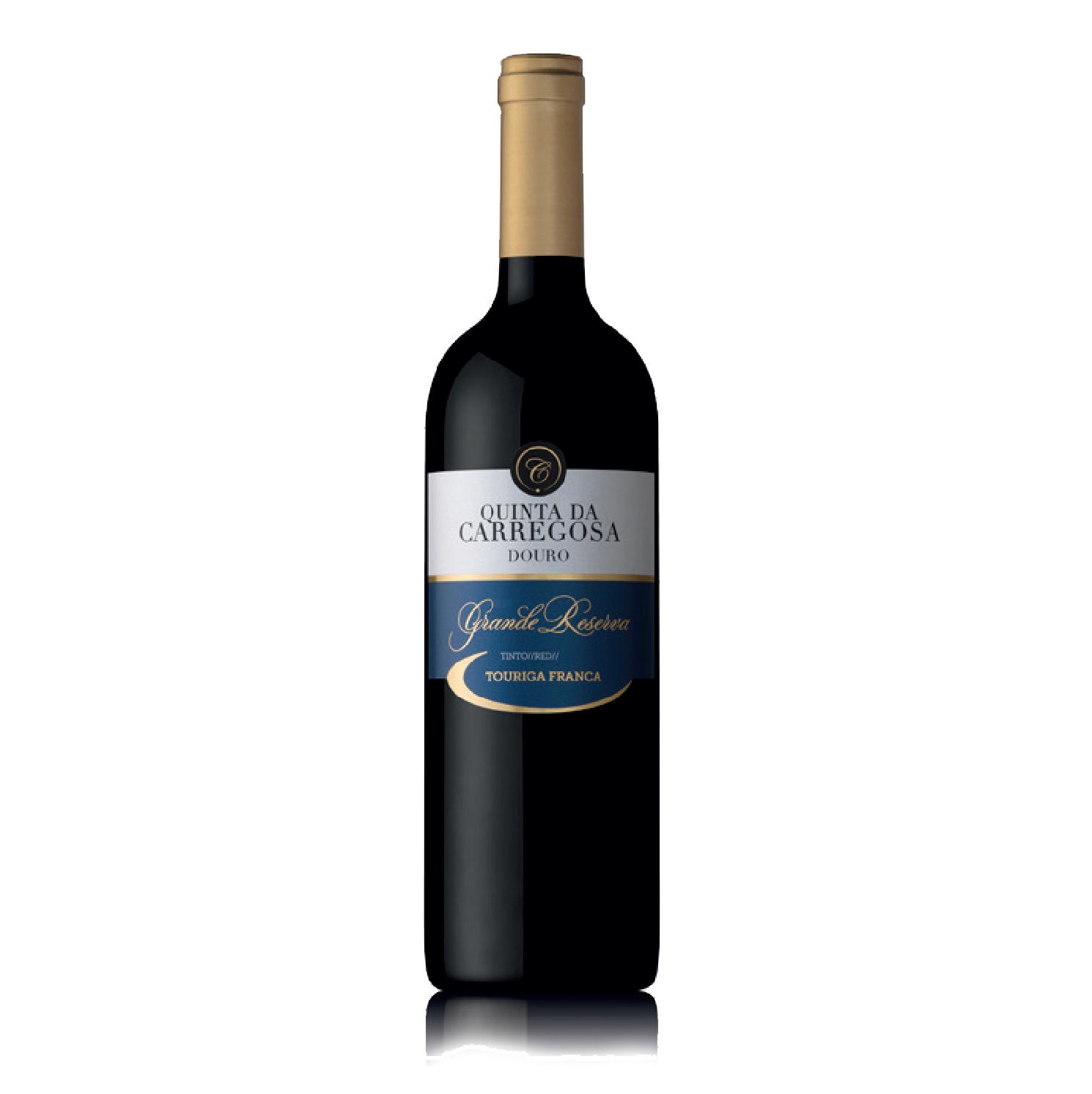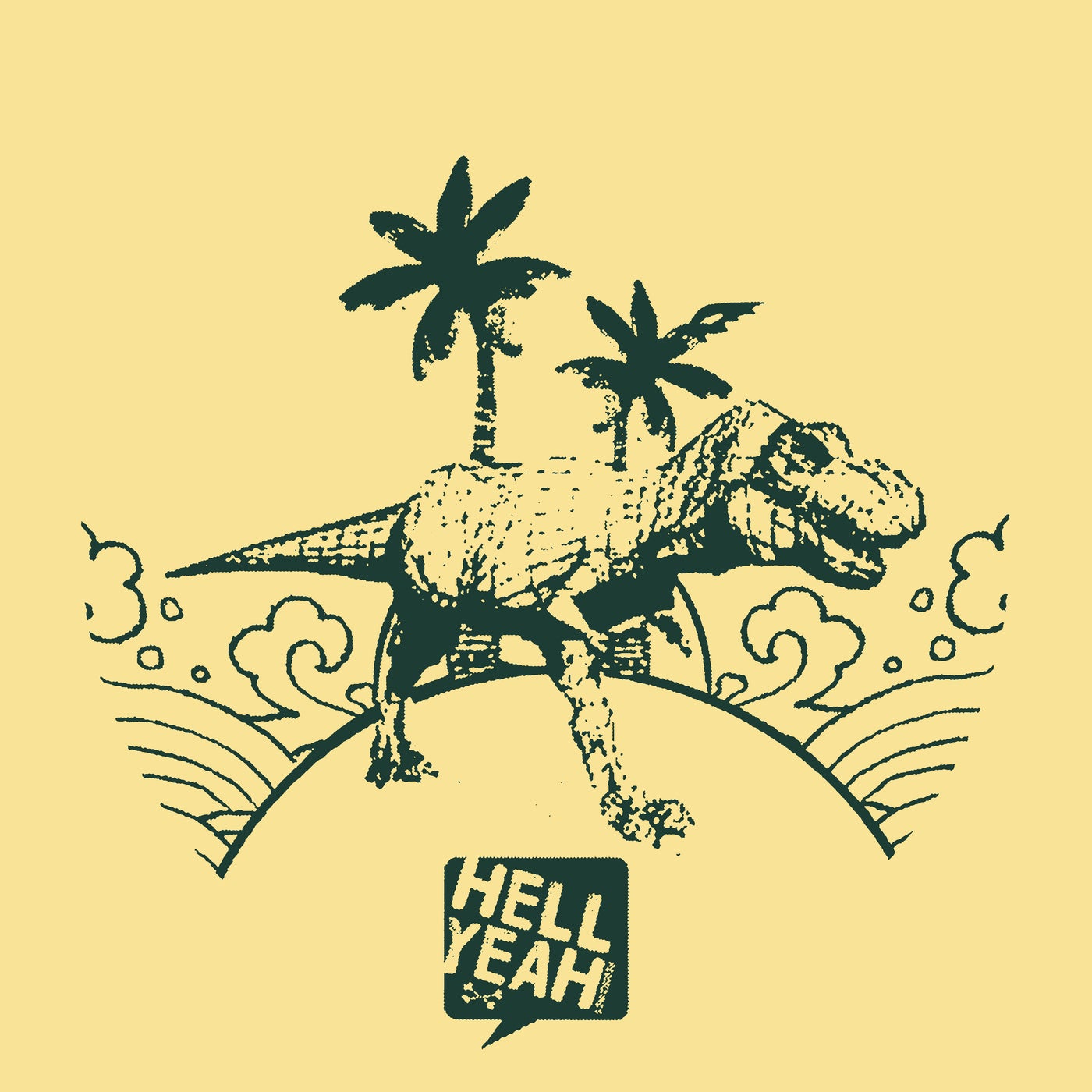Mallorca: Exploring The Lingua Franca Of The Balearic Islands
In the heart of the Mediterranean Sea, where the turquoise waters lap against the white-sand beaches, lies a captivating archipelago known as the Balearic Islands. Among these gems, Mallorca stands out as a vibrant cultural tapestry where the Catalan language, a living testament to the island’s rich history, unfolds as the lingua franca.
Mallorca’s language, a harmonious blend of Catalan and Spanish, carries the echo of ancient civilizations, the whispers of medieval troubadours, and the vibrancy of modern-day life. It is a language that paints a vivid portrait of the island’s past, present, and future.
In the streets of Palma, the island’s vibrant capital, the ebb and flow of Catalan conversation fills the air. Shopkeepers greet customers with a warm “Bon dia,” while locals exchange lively banter in cafes and plazas. The language serves as a bridge, connecting people from all walks of life, weaving a tapestry of shared experiences.
Beyond the bustling cities, the Catalan language finds its voice in the secluded mountain villages perched atop the Serra de Tramuntana. In these tranquil havens, the language takes on a more rustic charm, its cadences echoing the rhythms of nature. The soft murmur of voices blends seamlessly with the gentle rustling of olive trees and the distant sound of sheep bells.

QUINTA DA CARREGOSA GRANDE RESERVA TOURIGA FRANCA – W.I.N.E. – Source wineneverends.com
History and Evolution of Catalan in Mallorca
The Catalan language arrived in Mallorca in the 13th century, brought by the conquering forces of King James I of Aragon. Over the centuries, it gradually replaced the local Arabic dialects, becoming the dominant language of the island.
Mallorcan Catalan, a unique dialect of the language, developed under the influence of both Catalan and Spanish. It adopted certain features from Spanish, such as the pronunciation of certain consonants, while retaining its own distinct grammar and vocabulary.
Mallorcan Catalan flourished during the Middle Ages, becoming a significant literary and cultural language. Troubadours from Mallorca composed beautiful love poems and epic tales in the language, contributing to the rich tradition of Catalan literature.
The 18th and 19th centuries brought about a decline in the use of Catalan in Mallorca, as Spanish became the official language of education and administration. However, the language’s resurgence in the 20th century, fueled by cultural and political movements, has led to its revitalization and widespread use.

VA – FIle Under Balearic Gabba HYR7275 – deeptech.house – Source deeptech.house
Modern-Day Catalan in Mallorca
Today, Catalan is the co-official language of Mallorca, alongside Spanish. It is used in all spheres of life, from education to government, and is spoken by the vast majority of the island’s population.
In Palma, the city’s street signs and official documents are bilingual, reflecting the vibrant coexistence of Catalan and Spanish. Local newspapers, radio stations, and television channels produce content in both languages.
The Catalan language is also a vital part of Mallorca’s education system. Children learn to read and write in Catalan from a young age, and it is used as the primary language of instruction in many schools.

Traditional Majorcan Sobrassada Saussage And Mahon Cheese For Sale At A – Source cartoondealer.com
Conclusion
Mallorca’s Catalan language, a living bridge between the island’s rich past and vibrant present, is a testament to the endurance of culture and the power of language. It is a language that connects, inspires, and celebrates the unique identity of the Balearic Islands.
Through its captivating history, distinct dialect, and widespread use in modern-day life, Mallorcan Catalan stands as a vibrant expression of the island’s cultural heritage and a beacon of its future promise.